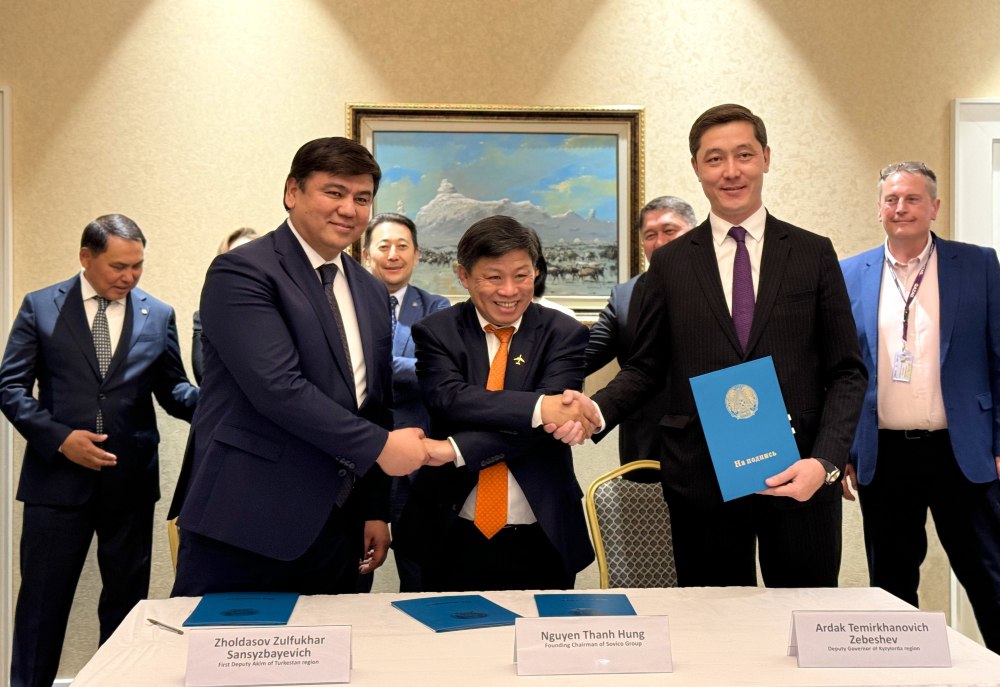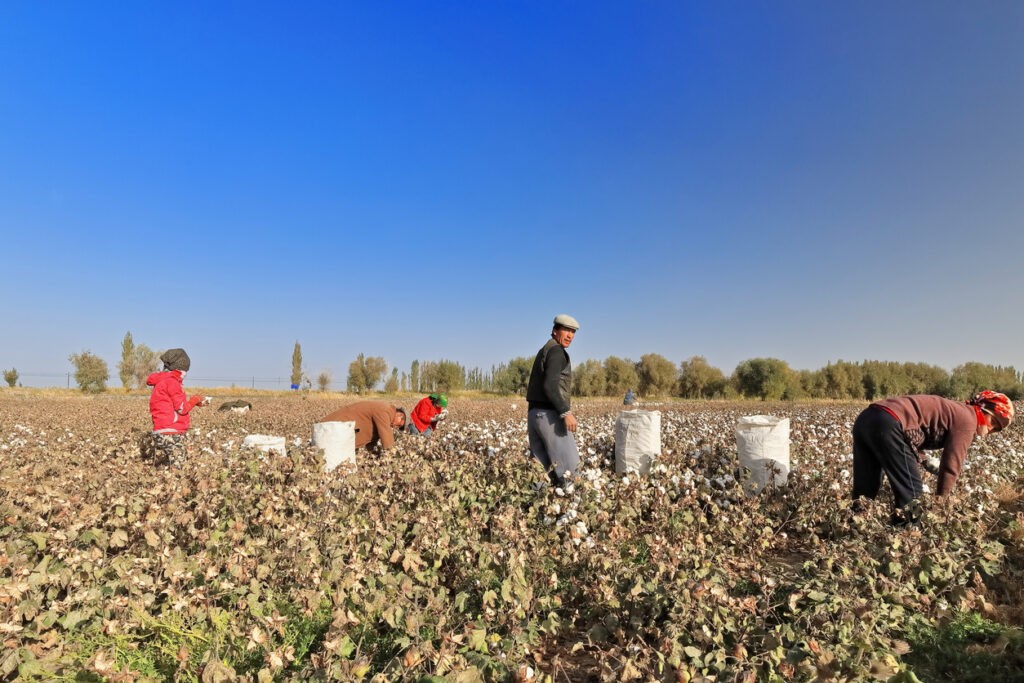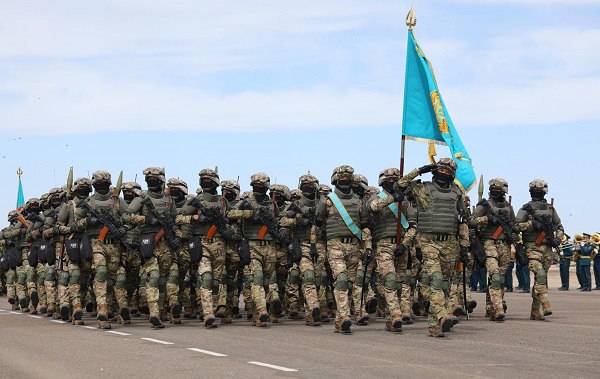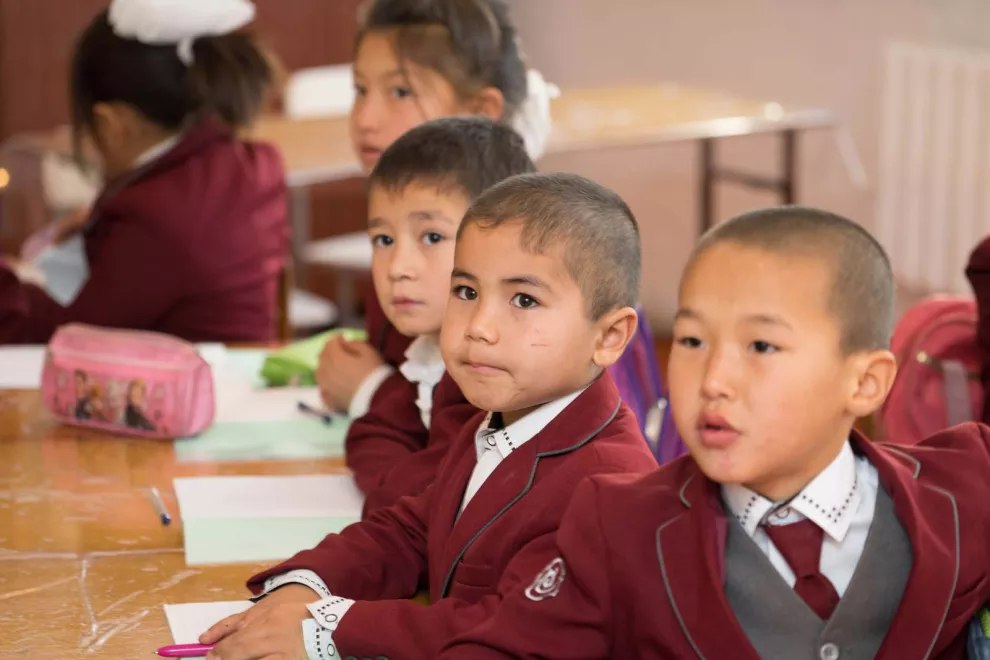Kyrgyzstan Reports Price Increases for Consumer Goods
According to the National Statistical Committee of Kyrgyzstan, prices for meat, alcoholic beverages, and tobacco products have risen significantly. The largest price increases were observed in Bishkek and the Issyk-Kul region. “Prices for alcoholic beverages and tobacco products, food products, and tariffs for services rendered to the population have increased. At the same time, prices for food products and non-alcoholic beverages decreased,” Deputy Chairman of the Statistical Committee Baktybek Shokenov told a press conference in Bishkek. He said prices fell for fresh fruits and vegetables, cereals, raw milk, eggs, and vegetable oil in the first eight months of 2024. On the contrary, prices for meat, fish, potatoes, salt, rice, cottage cheese, flour of the highest grade, pasteurized milk, sugar, and butter increased significantly. Kyrgyz people have recently complained about a sharp rise in meat prices. Some reports say they have risen by 100 KGS ($1.2) per kilo in six months. The main reason for the sharp rise in meat prices is increased exports; because Kyrgyz meat prices abroad are higher than domestic prices, domestic prices are also rising. Most meat products are exported to neighboring Uzbekistan. Today, a kilogram of beef costs about 650-680 KGS ($8) in the bazaar, although half a year ago, it cost 550-600 KGS ($6-6.5).






